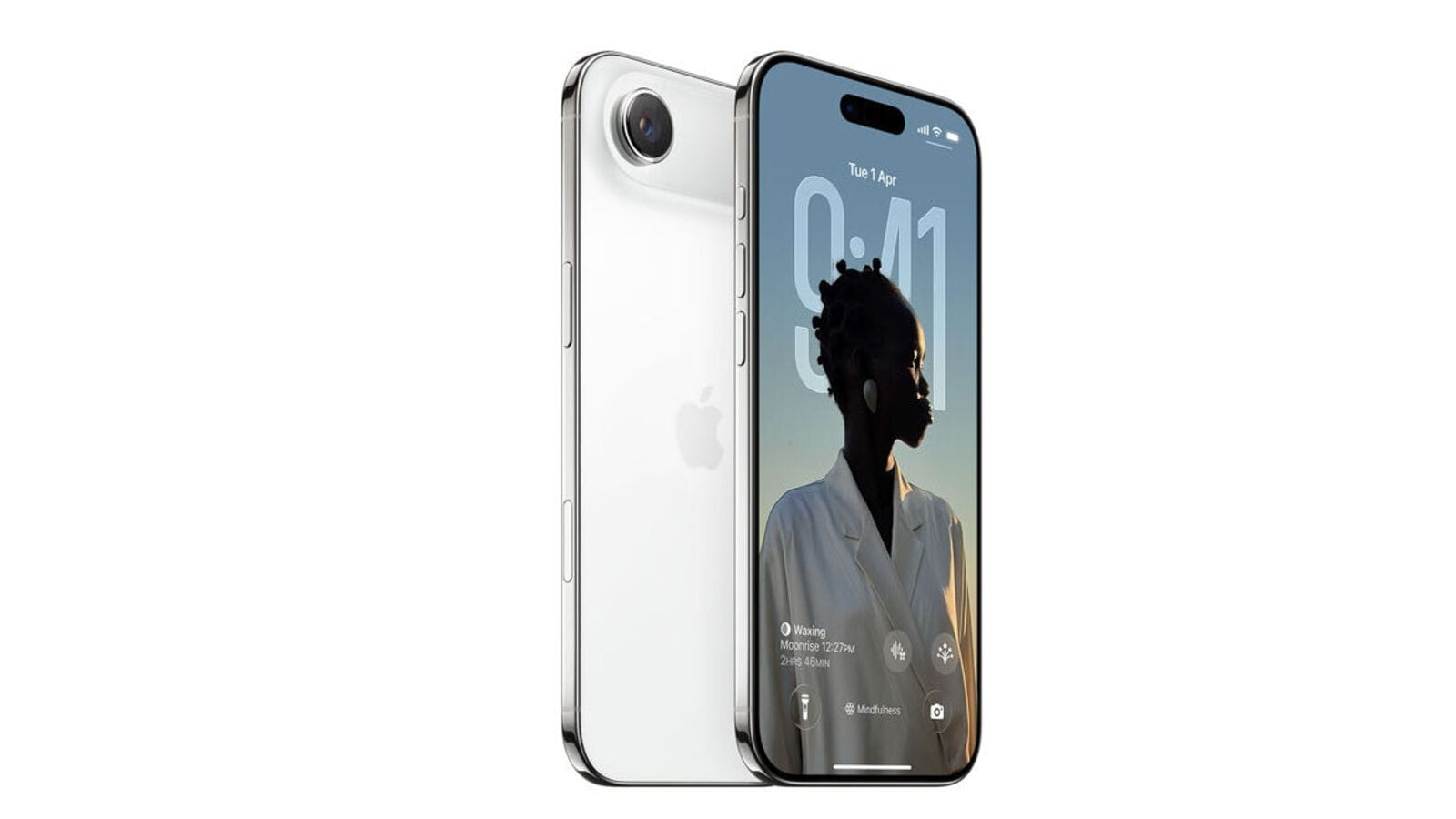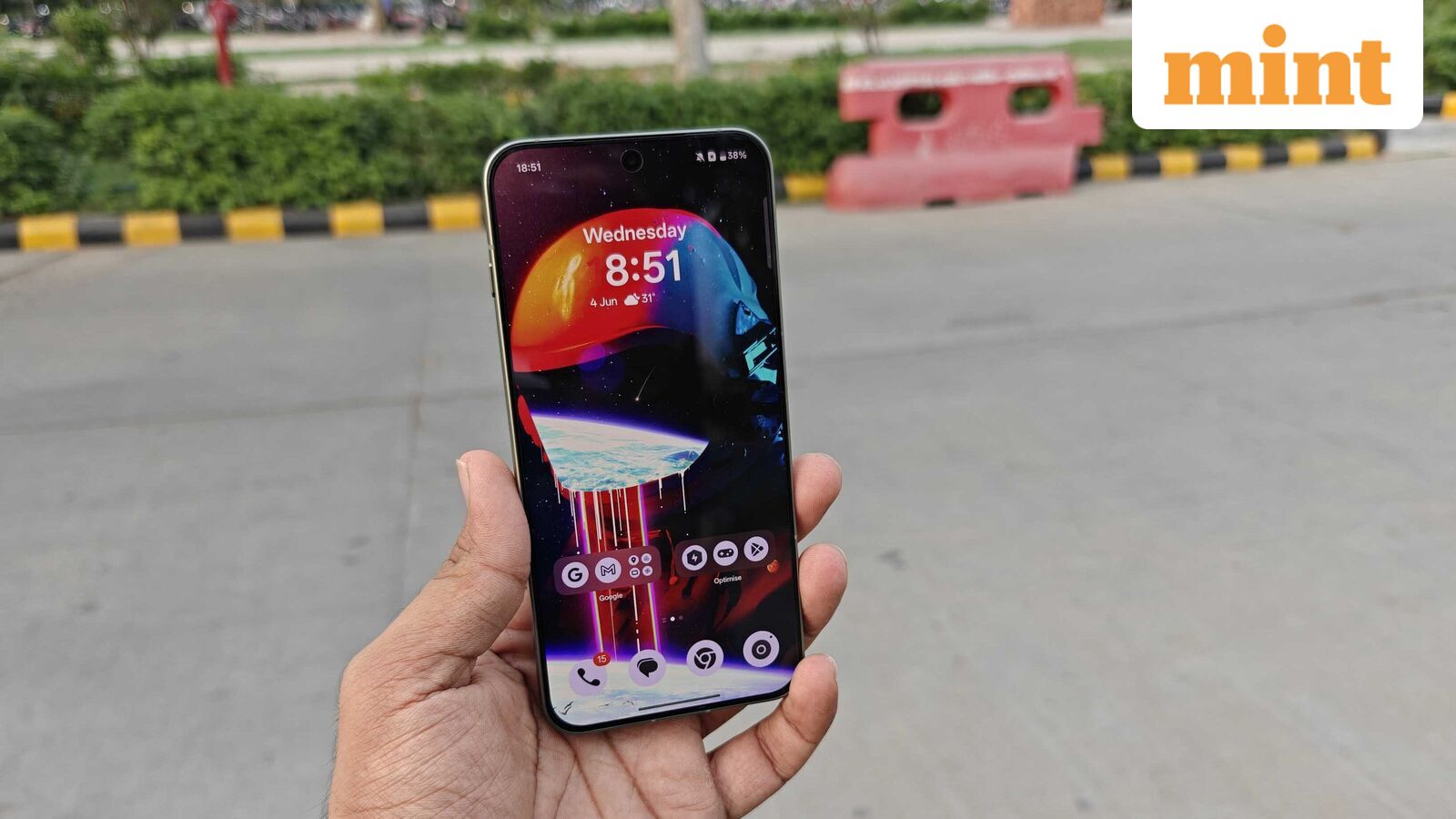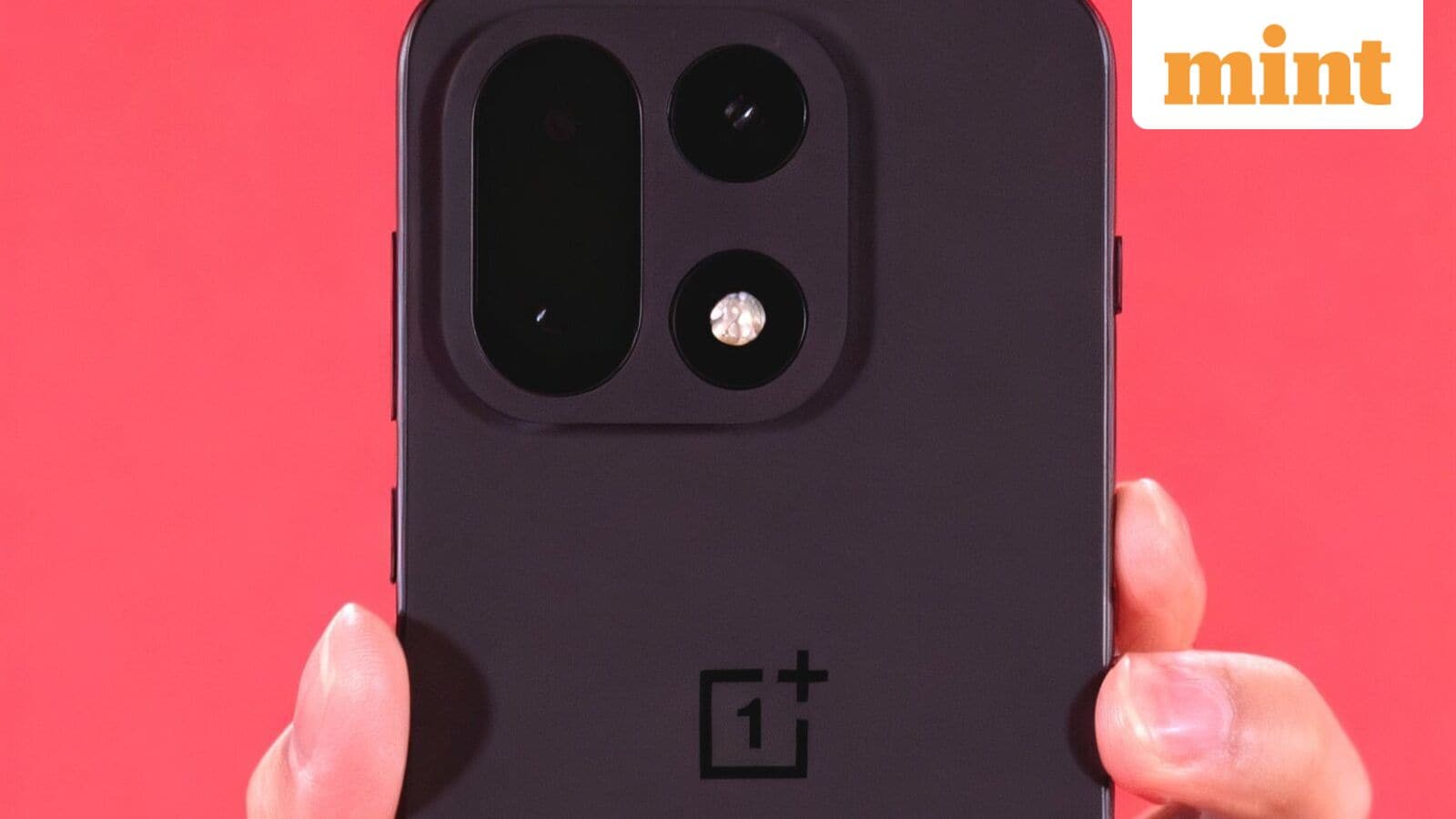Samsung mocks Apple after iPhone 17 series launch with #iCant campaign: ‘Let us know when it folds’

Samsung has taken aim at Apple shortly after the US tech giant unveiled its latest iPhone line-up, including a slim new model named the iPhone 17 Air. In a series of posts on X, Samsung Mobile US revived its long-running rivalry with Apple, using the hashtag #iCant to lampoon the new devices.
Samsung takes a jibe at Apple
Quoting its own 2022 remark — “Let us know when it folds” — Samsung commented: “#iCant believe this is still relevant.”
The company also targeted Apple’s camera system, writing: “48MP x 3 still doesn’t equal 200MP.” Another post suggested Apple had been slow to roll out features, stating: “#iCant believe some people had to wait 5 years for Sleep Score.” A further jibe read: “[Apple emoji] just announced live translation at Zzz-note. All we can say is, welcome to the party #iCant.”
Apple introduced the iPhone 17 Air as its thinnest handset to date, measuring 5.6 millimetres. The design is slimmer than Samsung’s Galaxy S25 Edge, which is 5.8 mm thick. The iPhone 17 Air will go on sale from 19 September, starting at ₹1,19,900 for the 256GB version, with higher-capacity 512GB and 1TB options also available.
iPhone Air Specifications
The iPhone 17 Air is equipped with a 6.5-inch Super Retina XDR display featuring ProMotion technology with a 120Hz refresh rate. It offers peak brightness of up to 3,000 nits and is said to deliver double the outdoor contrast compared with earlier models.
For durability, the device is fitted with Ceramic Shield 2 on both the front and back. Apple claims this glass is its strongest yet, providing three times the scratch resistance of its predecessor alongside improved anti-reflective properties.
At its core, the handset runs on the A19 Pro chip, the same processor found in the iPhone 17 Pro range. The chipset includes a 6-core CPU and a 5-core GPU capable of handling AAA-grade games. Each GPU is fitted with neural accelerators, delivering up to three times the peak GPU performance of the previous generation, a feature designed to enhance on-device generative AI capabilities.




